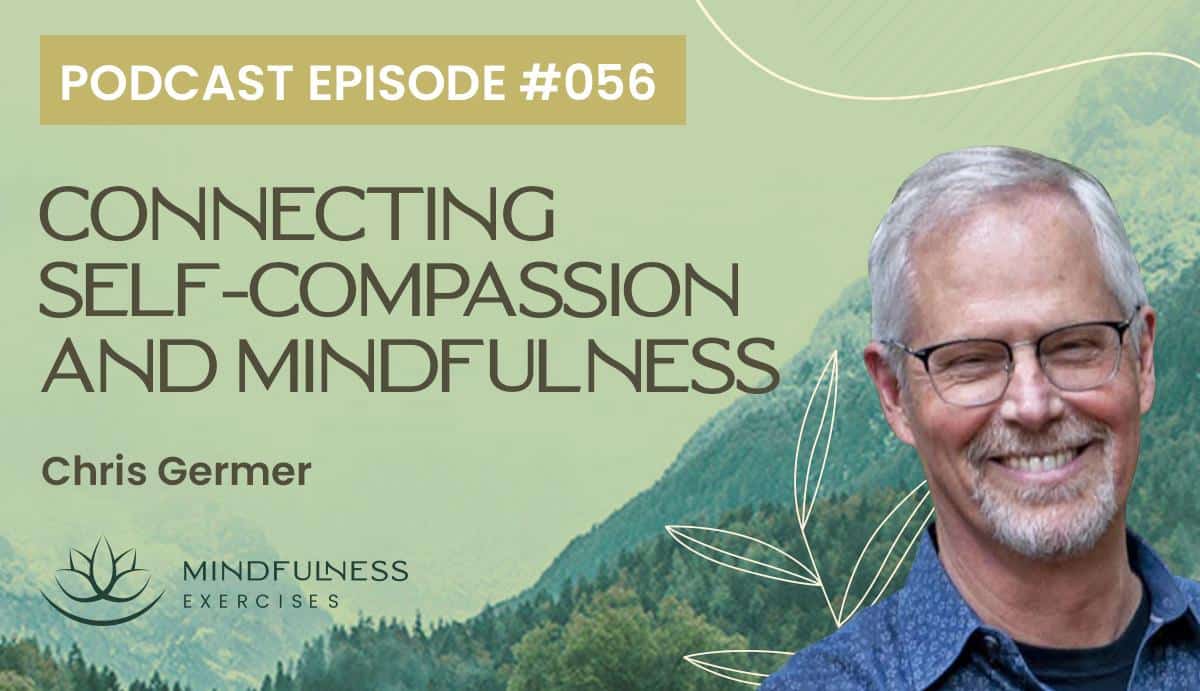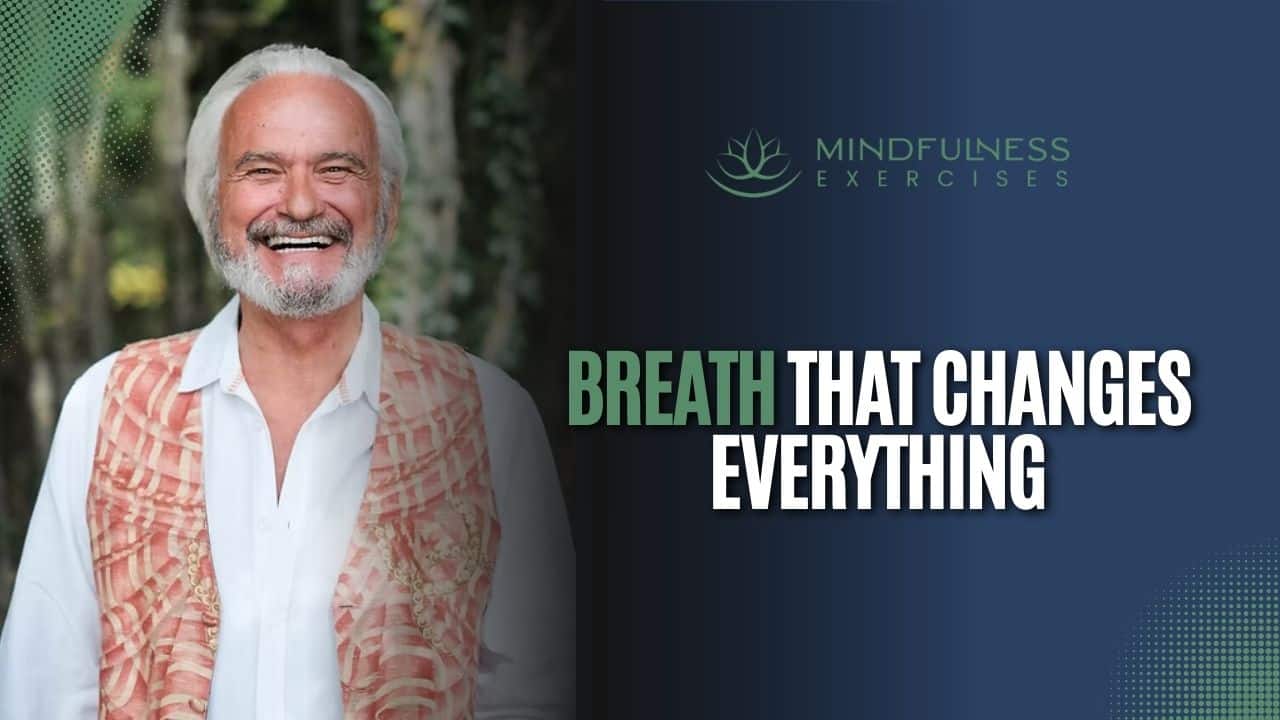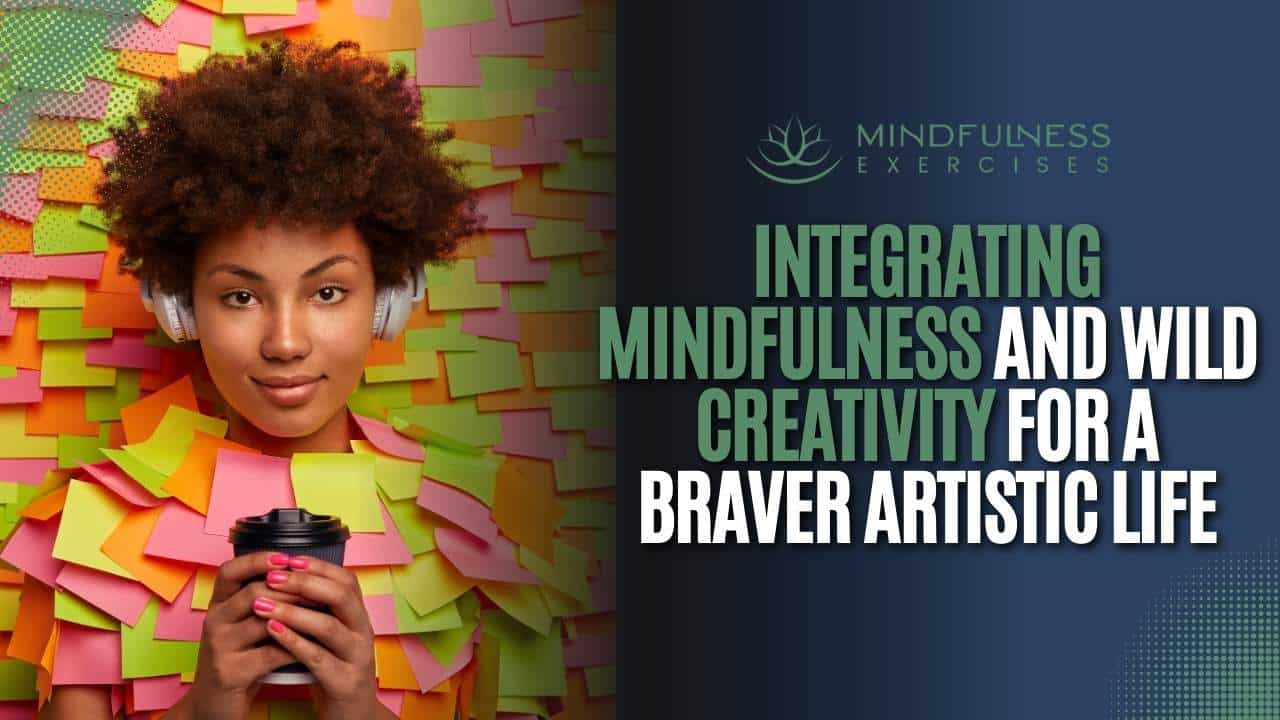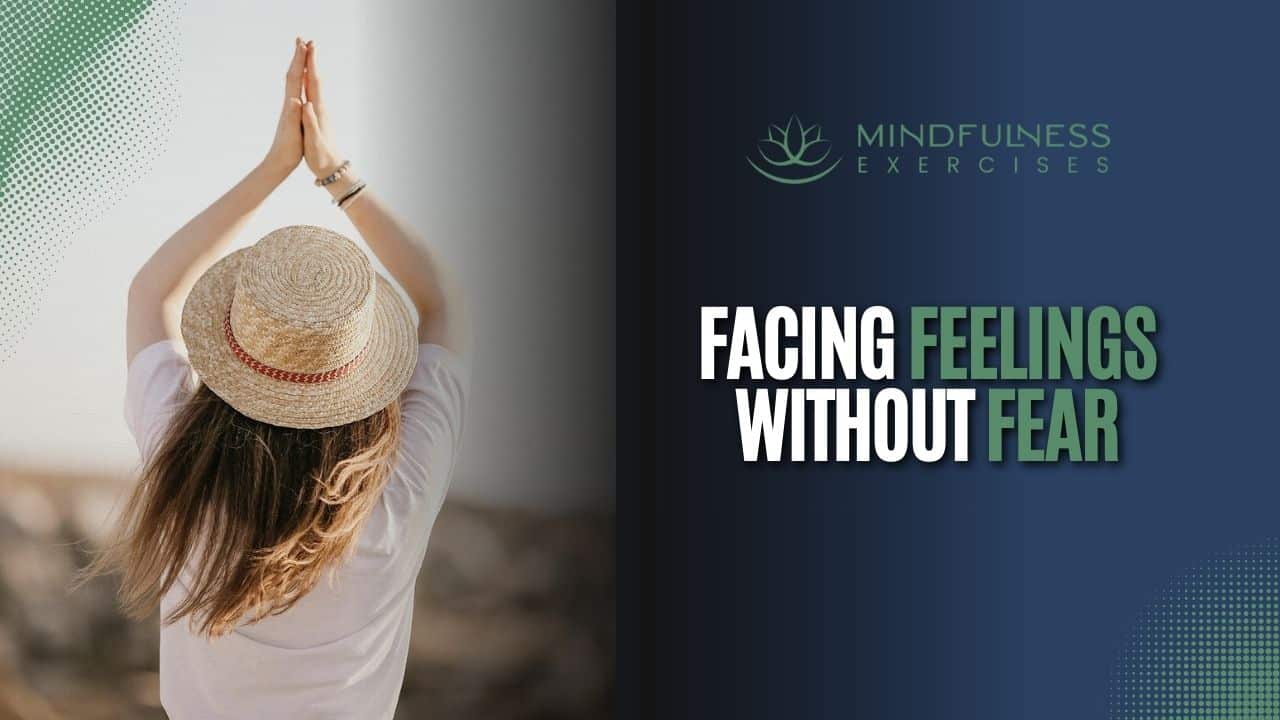Listen now

Mindfulness and self-compassion go hand in hand. Each enhances the other. As practitioners and as teachers, however, understanding the differences between the two can help us discern when and how to most skillfully apply each for growth and healing.
In this episode, we hear from Chris Germer, one of the world’s foremost experts on mindful self-compassion. Chris Germer, PhD is a clinical psychologist and lecturer on psychiatry at Harvard Medical School. In 2010, he co-developed the Mindful Self-Compassion (MSC) program with Kristin Neff. It has since been taught to over 250,000 people worldwide. Dr. Germer is the author of The Mindful Path to Self-Compassion and co-author of Teaching the Mindful Self-Compassion Program.
Sponsored by our Mindfulness Meditation Teacher Certification Program
MindfulnessExercises.com/Certify
What You’ll Learn in This Episode:
Show Notes:
Discerning between mindfulness and self-compassion
When fully expressed, mindfulness holds self-compassion within it, and vice versa. However, learning to differentiate between the two can help us understand when to apply one or the other. Dr. Chris Germer describes mindfulness as loving-awareness of our moment to moment experience, while self-compassion is applying this loving awareness to the one who is experiencing the moment.
“When you’re fully mindful in the face of suffering you will be fully compassionate. If you’re also fully compassionate, your heart is like, really open, your attention will be open, your awareness will be refined, you will be mindful.”
Why self-compassion is neither selfish nor self-centered
Self-compassion is often misunderstood as being self-centered. It can at first seem at odds with our mindfulness practice, in which we work to overcome identification with the ordinary self. However, both mindfulness and self-compassion diminish the rigidity of the self, each in their own way.
“Mindfulness dismantles the self by breaking down our experience moment to moment, or by looking at the machinery of perception. [...] Compassion actually dissolves the self through warmth. One dismantles, one dissolves. So both diminish the dominance of the sense of self.”
Self-compassion asks what I need in this moment
Mindfulness is akin to asking the open-ended question, ‘What am I experiencing right now?’ Self-compassion, on the other hand, invites us to ask ourselves what we need most at this moment. Understanding the subtle difference between what we are experiencing and what we need helps reduce suffering by guiding our next action.
“If you’re really struggling and somebody looks at you and says, ‘Oh I’m so sorry about what you’re going through, what do you need?’ And not just leave it at that, ‘What can I do for you?’ That’s really what compassion is about. Compassion is about responding to a person’s need when they’re suffering and also taking action.”
The mechanisms of emotional regulation
Both mindfulness and self-compassion contribute to emotional regulation, but each does so uniquely. Mindfulness downregulates emotional reactivity by inviting us to adjust what we’re paying attention to and how. Compassion regulates our emotions through care and connection. We can do this for ourselves, but we can also experience co-regulation through the warmth and care of another.
“Compassion regulates emotion through care and connection [...] and they’re a little different. Connection is the awareness that I’m not alone, that’s a powerful emotion regulation insight. And care, which is warmth and goodwill. So, when we experience warmth and goodwill, we downregulate difficult emotions.”
The central paradox of self-compassion
Self-compassion helps ease our suffering only if and when we let go of the idea that it is a cure. In other words, self-compassion functions to help soothe us when we offer ourselves kindness not to feel better, but simply because we feel bad. Mindfulness, in turn, can help us recognize when we are trying to use self-compassion as a means of fixing versus accepting.
“Mindfulness allows us not to try to resist and manipulate our moment to moment experience. Because, if we start to use self-compassion to manipulate our moment to moment experience, it will not work. Our suffering will persist and amplify. But, if we have a foundation in mindfulness, and we can open to our experience just as it is, then what happens is compassion is a natural response.”
An antidote to shame
As our mindfulness deepens, it’s normal to become aware of past transgressions. Sometimes, this triggers the development of guilt, shame or self-loathing. When this happens, self-compassion can help us make space for our experience by holding space for us when our emotions feel too overwhelming.
“When we’re caught in the grip of intense and disturbing emotions like shame or terror it’s really really hard to be mindful of shame or terror other than to say, ‘this is shame of terror.’ But it’s got you. I found that the most effective way to actually move toward mindfulness in a situation like that was to hold myself as a broken, overwhelmed human being tenderly, with a great deal of love. And then lo and behold, everything started to change.”
Addressing trauma by coupling self-compassion and mindfulness
To address trauma, we must first feel safe. It is impossible for learning to take place while in a state of overwhelm. Thus, a mindful approach to trauma begins with self-compassion. We ask ourselves what we need to feel safe and note where we can find this sense of safety within our own body.
“The foundation of it is the question, ‘What do you need to feel safe, how safe do you feel, and do you feel ready to move into a challenge place, in other words a place of re-processing, or do we need now to go back to safety?’ So what’s fundamentally self-compassionate about this is that we are asking the question, ‘What do you need?’ And we actually need to ask the question, ‘What do you need, what do you need to feel safe?’ not just assume that we know. Ask it. Put the control of the treatment in the hands of the person who is traumatized and it’s going to go much more smoothly.”
The synergy between mindfulness and self-compassion
Those of us who practice or teach mindfulness will eventually find ourselves engaging with self-compassion. As our mindfulness deepens and grows, we become increasingly mindful of the space in which we’re holding ourselves and our experience. This space is not empty, but full of love.
“There’s a beautiful synergy between warmth and space. Warmth creates space, like if space is mindfulness and warmth is compassion. Warmth creates space and space definitely creates warmth. So, to integrate those two is very powerful in practice.”
Additional Resources:

About Chris Germer
Chris Germer, PhD, is an author, speaker, clinical psychologist and part-time lecturer on psychiatry at Harvard Medical School. In 2010, he and Kristin Neff co-developed the Mindful Self-Compassion (MSC) program, which has since been taught to over 200,000 people worldwide. The two have also co-authored two books on MSC, The Mindful Self-Compassion Workbook and Teaching the Mindful Self-Compassion Program. Chris is also the author of The Mindful Path to Self-Compassion. He spends most of his time lecturing and leading workshops around the world on mindfulness and self-compassion and maintains a small private practice in Arlington, Massachusetts, USA.




